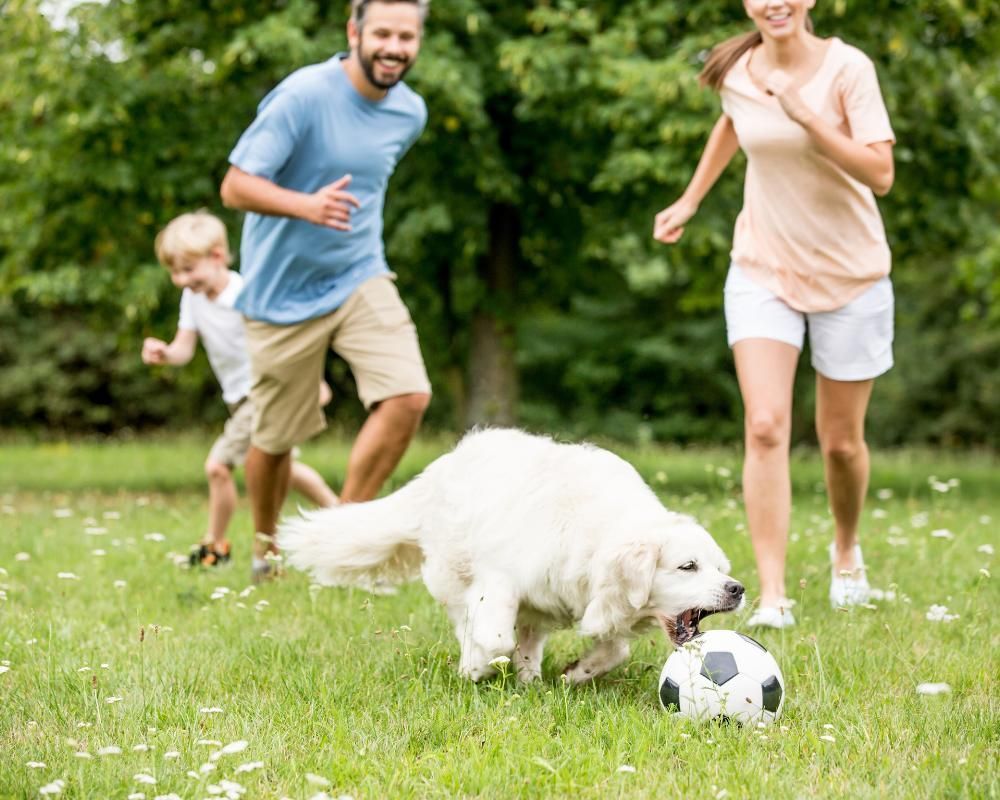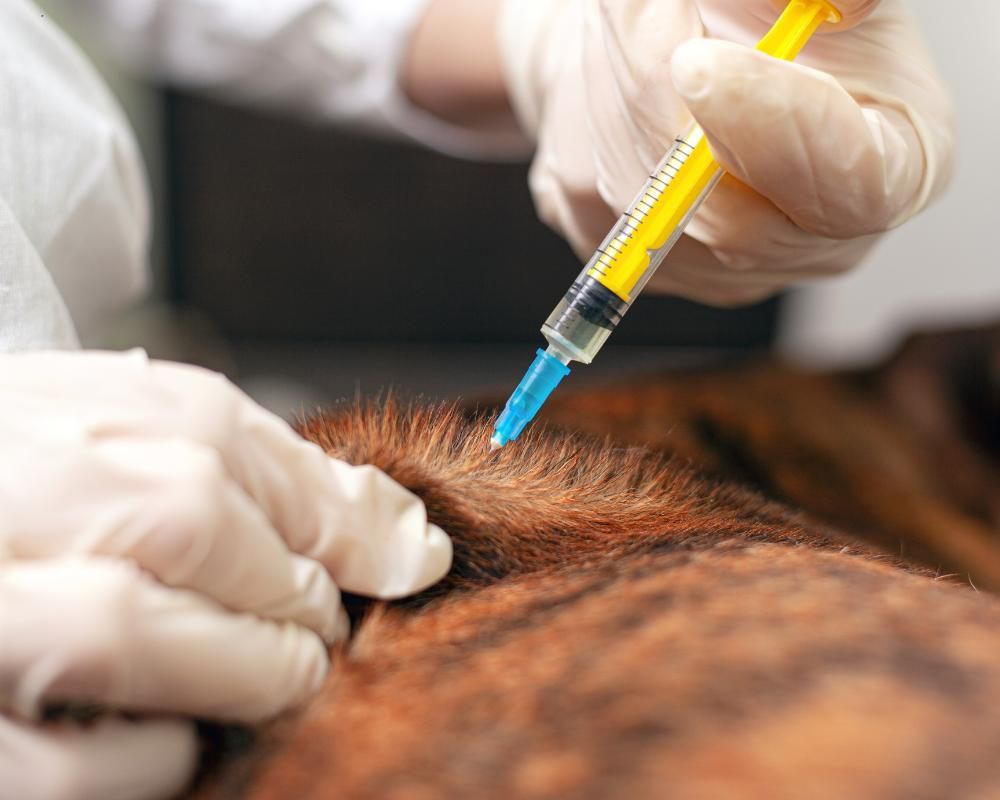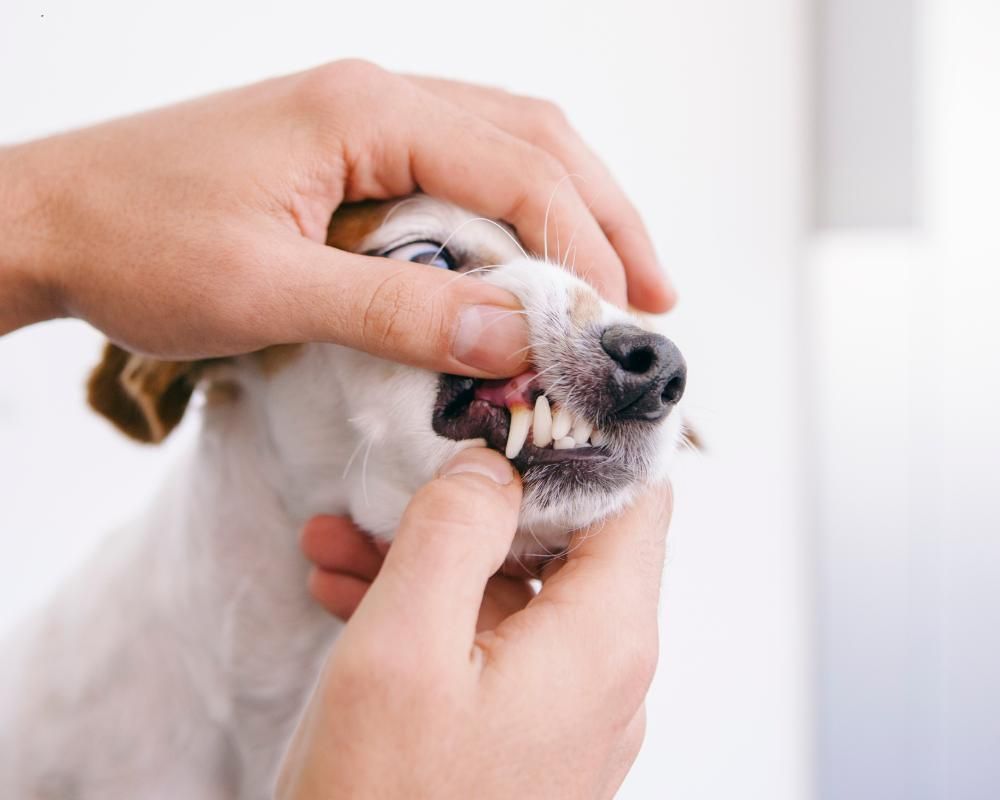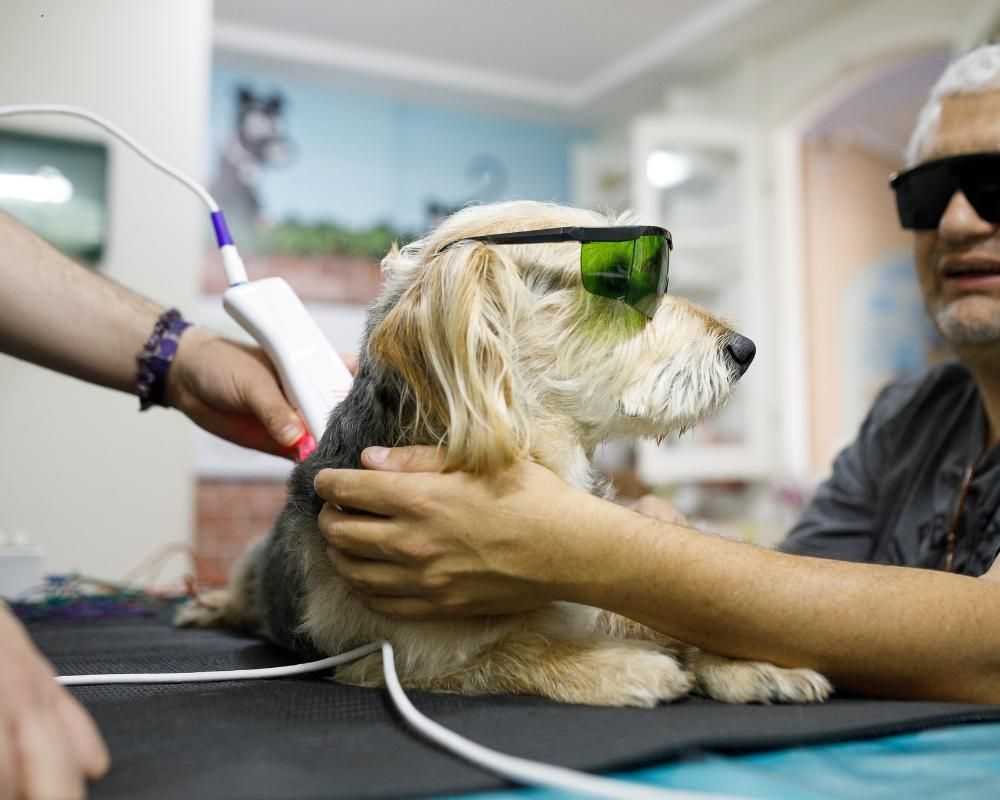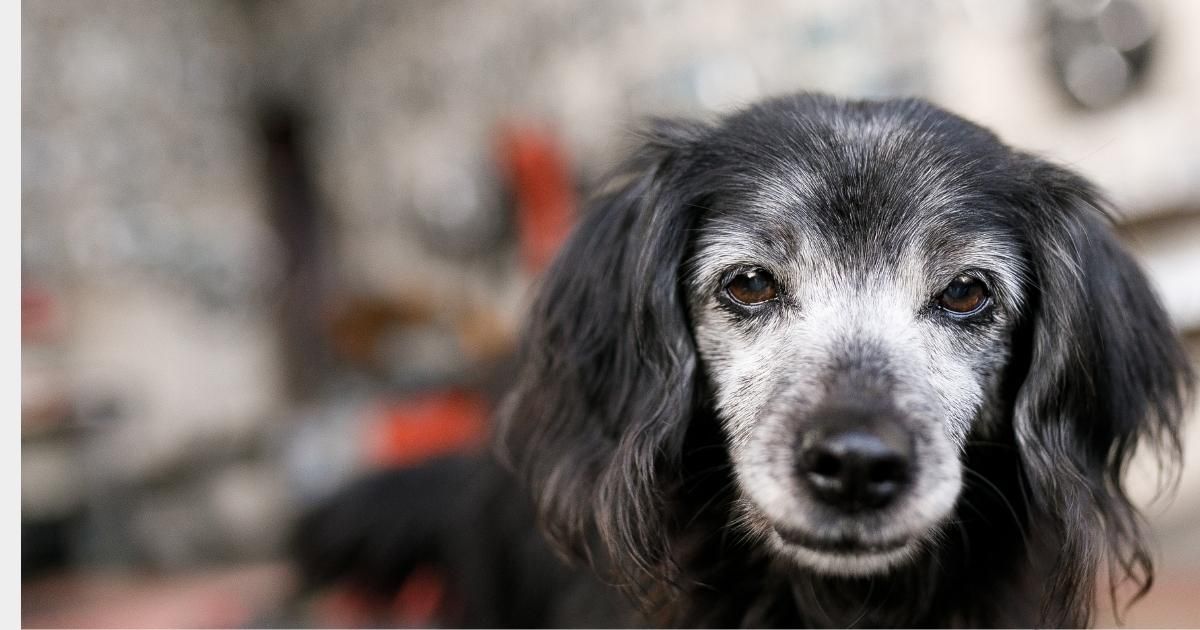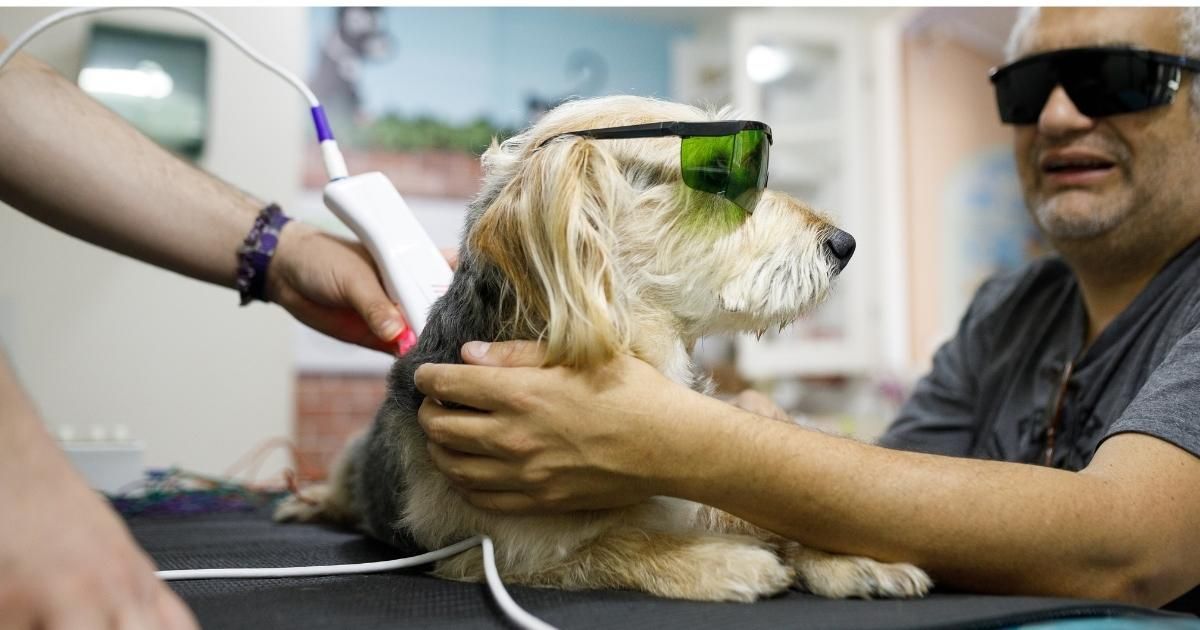When is a Dog Considered a Senior? What to Know.
While your aging pup will always be your baby, eventually
your faithful companion will become a senior dog. If you think time flies quickly, it’s even more so with your dog because of shorter lifespans. Universally it is understood that one year of a human’s life is equivalent to seven dog years. Assuming that is true, your 5 year old pup is actually a 35 year old dog. This leaves you with the question: When is a dog considered a senior?
Understanding Dog Years Compared to Human Years
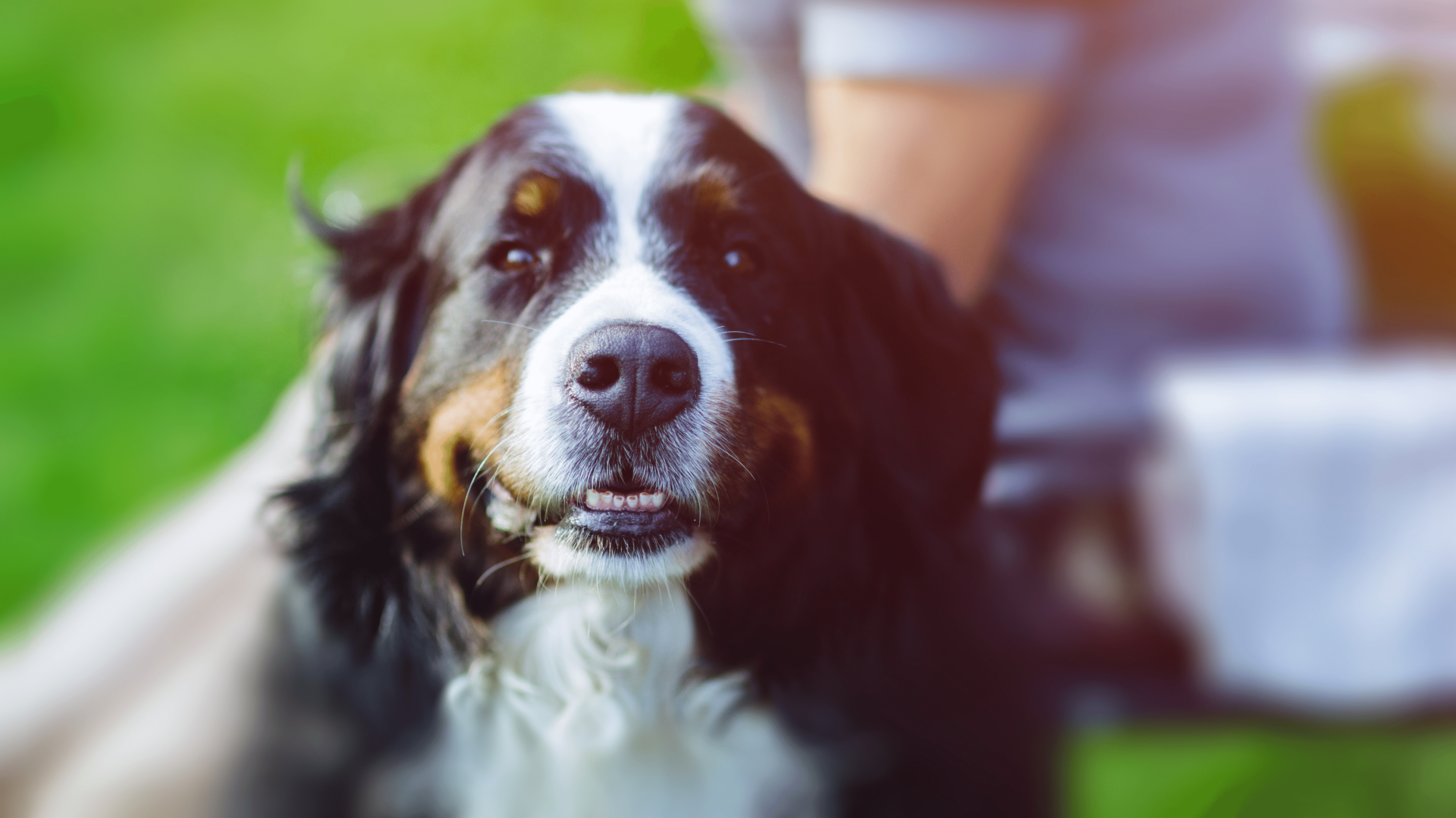
To state that one year of human life is equal to 7 dog years is an oversimplification when determining at what age is a dog considered a senior. Factors such as the size and breed of your pup will affect how quickly your pal becomes a senior dog. Small breeds have longer life spans than larger breeds.
Different breeds have different life spans as well. Even though Great Danes and Bulldogs are both large breeds, Great Danes tend to outlive Bulldogs. Further complicating the determination of dog years compared to human years is the fact that dogs develop faster before they turn two. During the first two years of a dog’s life, the acceleration of dog years is more like 10.5 compared to ours.
Knowing at what age a dog is considered a senior is important so you can give the care that leads to the best quality of life for your faithful companion. With knowledge and observation, you will be able to determine when senior dog care is appropriate.
Small Dogs
Large Dogs
Signs Your Dog is Aging
- Does your dog appear to be suffering from stiff joints- especially in the morning?
- Are your dog’s movements slower than they used to be?
- Is his or her muzzle turning gray?
- Is your dog less patient around other younger pups in the house?
- Does your dog have hair or tooth loss?
Sadly, you may also see signs of doggie dementia. Signs of cognitive dysfunction include loss of smell, anxiety, sleep disturbances, and night-time activity.
Taking Care of Senior Dogs
Regular veterinary care will make all the difference for taking care of your senior dog. Your veterinarian will guide you to the proper nutrition, exercise programs, and mental stimulation activities to give your senior dog the best quality of life for as long as possible.
Visit Your Local Veterinarian
The first step in taking care of your senior dog is to visit your local vet. Veterinary dog care is even more important for your senior dog because s/he will be more prone to disease, cancer and osteoarthritis. Health issues can accelerate more quickly in a senior dog so it’s important to have a physical exam at least once a year. Prevention and early treatment will give your senior dog the best quality of life.
Update Your Dogs Nutrition Plan
Senior dogs can easily gain weight as they age and slow down. Arthritic dogs with extra weight will experience more pain and will stop their activity even more. Check with your veterinarian about your dog’s ideal weight and follow their instructions for nutritional guidance.
Physical & Mental Exercise
Even though your senior dog is slowing down, they will still need exercise to keep their bodies as mobile as possible. Your veterinarian can recommend a good exercise plan. Introduce the exercises to your pooch and see which one they like best – let them show you the way. Yes, you can teach an old dog new tricks and training will be good mental exercise for your pooch. You can also introduce puzzle feeders that when figured out will reward your senior dog with a treat.

